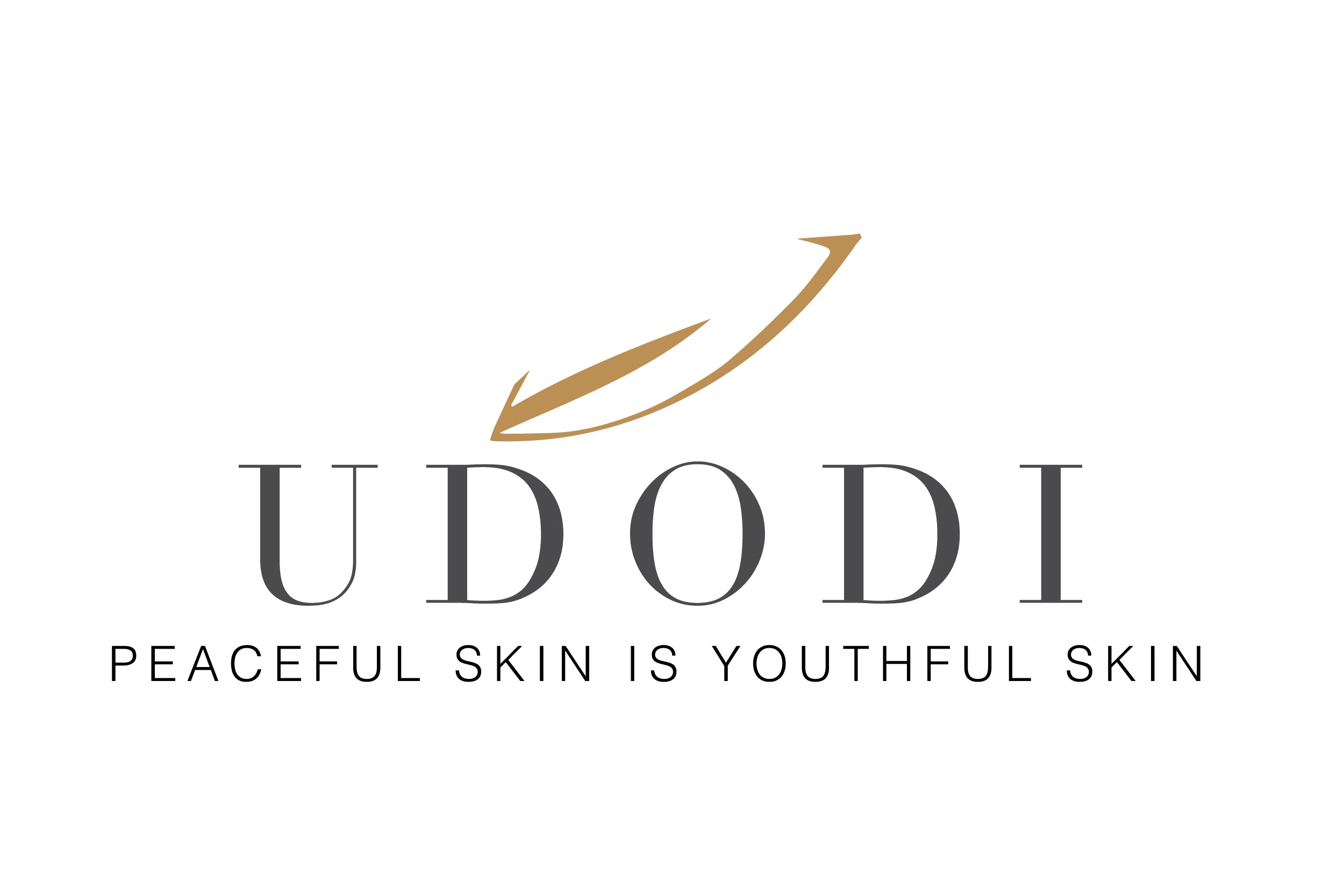With so many skincare products vying for a woman’s attention, without the help of a dermatologist or licensed skin therapist, it's hard to know what products work. So, let’s start by discussing the various skin types, and the ingredients that work best for your skin type!
DRY OR DEHYDRATED SKIN:
If you have dry skin (a lack of oil) or dehydrated skin (a lack of water), you want to look for cleansers with Alpha Hydroxy Acids, such as lactic and glycolic acids (sloughs off dull, rough skin, promoting smooth clear skin), and moisturizers with Hyaluronic acid (binds moisture in the skin. One of the most common ingredient used in skincare for dry, dehydrated and aging skin. ), Ceramides (holds skin cells together), Vitamin A & E (adds moisture and anti-aging) AHA’s also help to fight wrinkles, but if your skin is more on the dry side, exfoliate only once a week.
*characteristics of dry or dehydrated skin*: Dry, flaky, tight skin feel, rough texture, feels taut immediately after cleansing, lack of elasticity, wrinkle prone, doesn’t absorb products easily
OILY SKIN:
If you are acne prone, you most likely have oily skin. Look for products with c (used to improve skin tone, and less irritating than AHA’s), such as Salicylic acids (exfoliates and unclogs pores). BHA’s are less irritating to the skin and can penetrate a lot quicker into the epidermis, which helps to treat acne. Ingredients to look for when treating acneic/ oily skin are;
Glycolic (Reduces excessive oils and prevent the clogging of pores)
Hyaluronic Acid (Moisture is not the same as oil. So, an oil free moisturizer will prevent the skin from getting dehydrated)
Retinol (This is the queen of anti-aging, and will keep you looking 35 at 50. Also helps to keep pores tighter and curtail any shine on the skin.
Salicylic Acid (This ingredient is “lipophilic,” meaning it likes oil. So, it helps suck the oil out of the skin. Salicylic and Glycolic should be used sparingly to avoid dryness)
Eucalyptus (Used for acne and oily skin as an antiseptic, antimicrobial, and astringent)
Tea Tree (Antiseptic and antibacterial)
*characteristics of oily skin* Clogged pores, medium to large pores, acne prone, shiny T-zone, hyperpigmentation
If you have sensitive skin, avoid any harsh chemicals to your skin, such as the BHA’s and AHA’s. Instead look for enzyme exfoliants, such as pumpkin, pineapple and papaya, which are less irritating for the sensitive skin type.
Here are ingredients to look for when treating sensitive skin types:
Calendula (Good for itching, swelling and redness)
Azulene (Derived from the chamomile plant and good for sensitive and calming)
Eucalyptus (Used for acne and oily skin as an antiseptic, antimicrobial, and astringent)
*characteristics of #sensitiveskin*: Red or irritated, blemishes, inflammation, rosacea
Pineapple (Contains bromelain, an enzyme with stimulating and antiseptic properties. Good for exfoliation and treating blemishes)
Peppermint (Cools skin and constricts capillaries. Reduces irritation and itching)
Licorice (Anti-inflammatory good for sensitive skin and inhibits melanin production. It is soothing, used to lighten surface hyper-pigmentation)
Hyaluronic Acid (Binds moisture in the skin)
Retinol (This will help keep pores tighter and curtail any shine on the skin)
*characteristics of normal or combination skin*
Combination: Oily T-Zone, Enlarged pores, blackheads, blemishes, hyperpigmentation
Dehydrated/dry in some areas, acne prone
Normal Skin: Not dry or oily, maybe free from blemishes, may form blackheads,
Normal size pores

